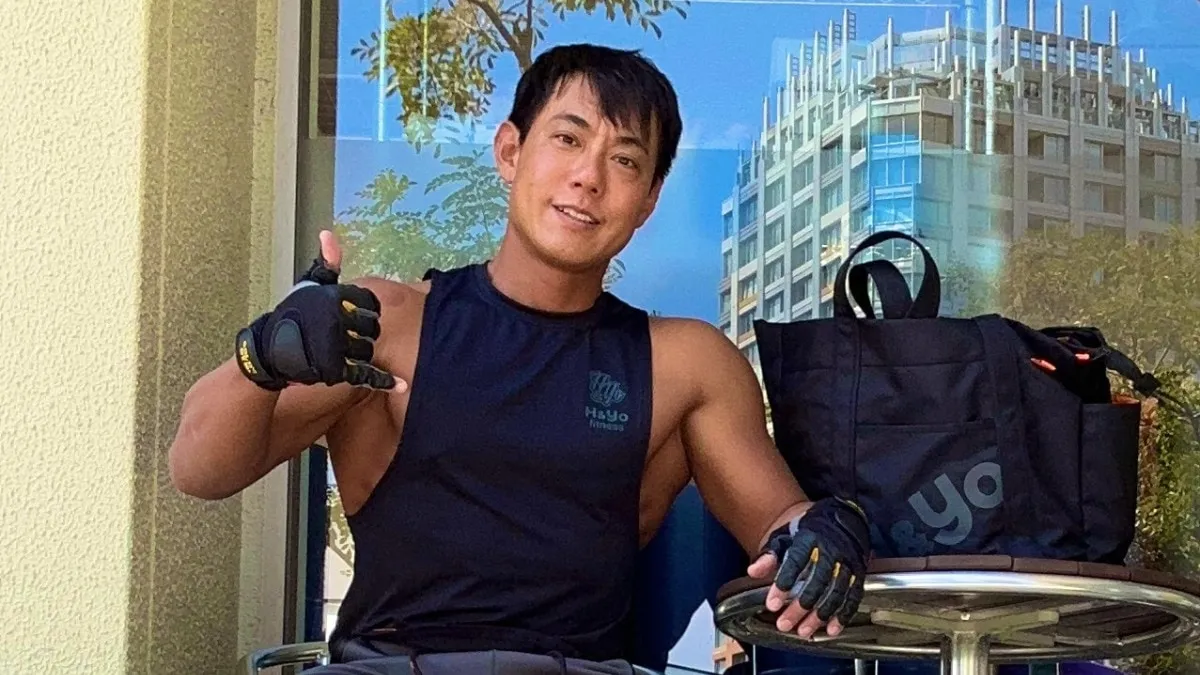Japanese Man Sleeps 30 Minutes a Day: Exploring the Limits of Sleep Deprivation

Unlocking the Mystery of Extreme Sleep Patterns
In a remarkable case, a Japanese man sleeps only 30 minutes each day, yet claims to operate at peak performance. Daisuke Hori, a 40-year-old entrepreneur from Hyogo, Japan, has maintained this unusual schedule for over a decade. He believes his approach to sleep deprivation has improved his productivity and efficiency, contradicting widespread recommendations of 6 to 8 hours of sleep for adults.
The Science Behind Sleep Deprivation
Experts weigh in on whether the brain can function effectively on such minimal rest. Dr. Prasanna Kumar T notes that while some individuals can thrive on less sleep, the risks associated with chronic deprivation include memory impairment, increased susceptibility to illness, and mood disorders. Dr. Sachin D emphasizes the mental and physical toll that extreme sleep patterns can take.
Health Implications of Short Sleep
Chronic sleep deprivation poses significant health risks. Despite anecdotal claims of benefits from Hori's routine, studies uniformly link insufficient sleep to higher mortality rates and poor quality of life. Medical experts advise against significantly reducing sleep duration, stressing that restorative sleep cycles are essential for cognitive and physical health recovery.
- Sleep Deprivation Risks: Memory loss, weakened immunity, and increased chronic disease risk.
- Quality Over Quantity: Experts advocate for 7 to 9 hours of quality sleep nightly.
- Health Organizations' Stance: The CDC and National Sleep Foundation recommend adequate sleep for optimal wellness.
Though some claim to adapt to short sleep durations, the long-term consequences of Hori's extreme method remain uncertain. Aspiring to shorten sleep hours could lead many to detrimental effects rather than benefits.
This article was prepared using information from open sources in accordance with the principles of Ethical Policy. The editorial team is not responsible for absolute accuracy, as it relies on data from the sources referenced.